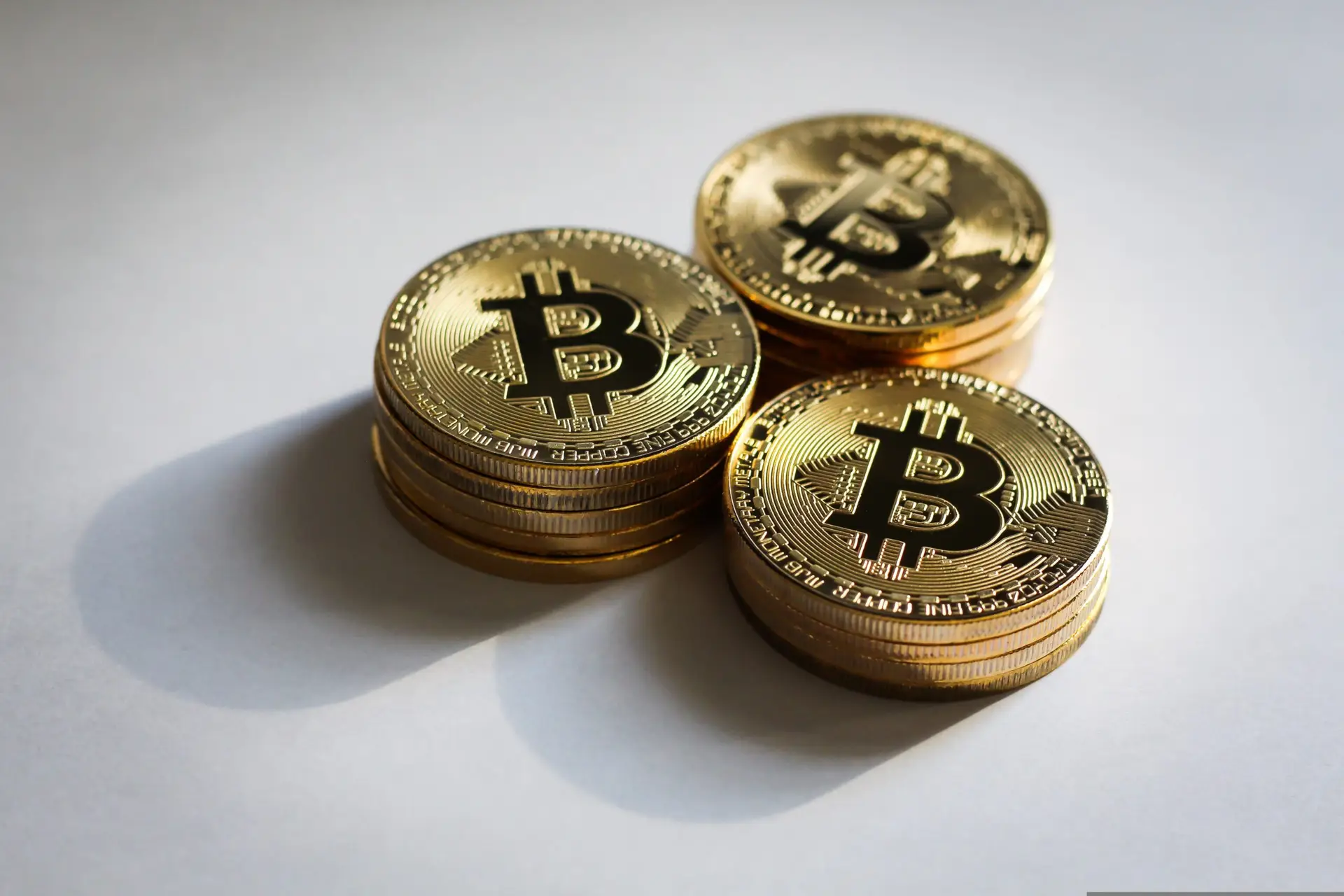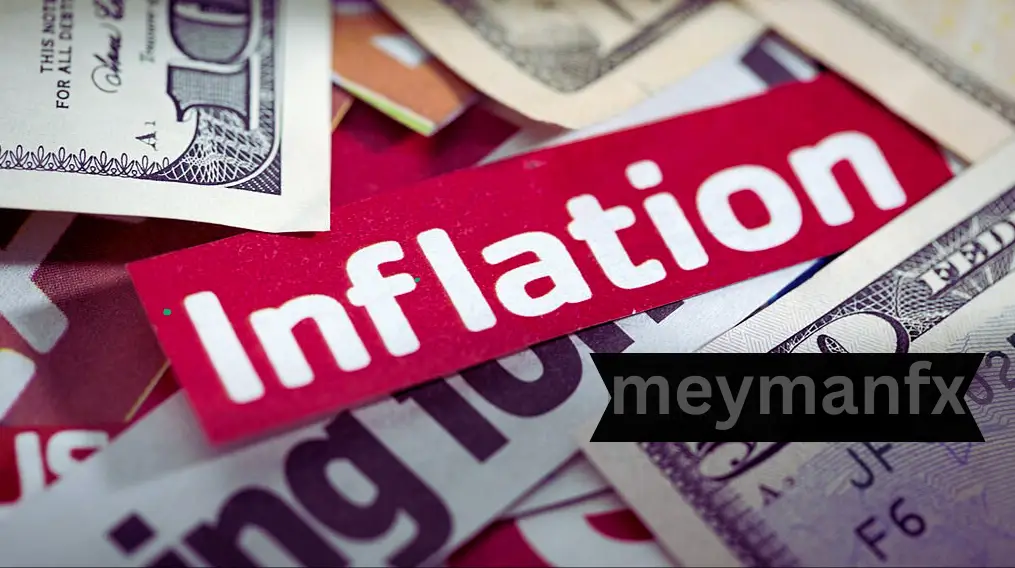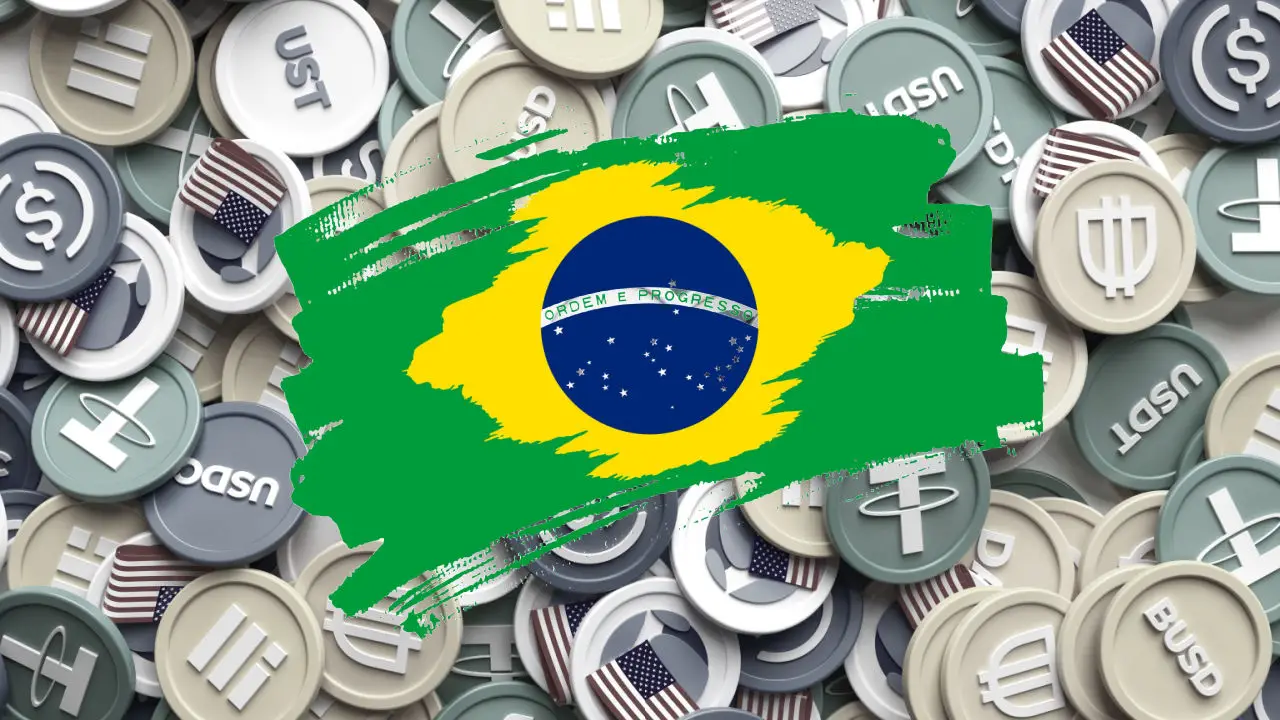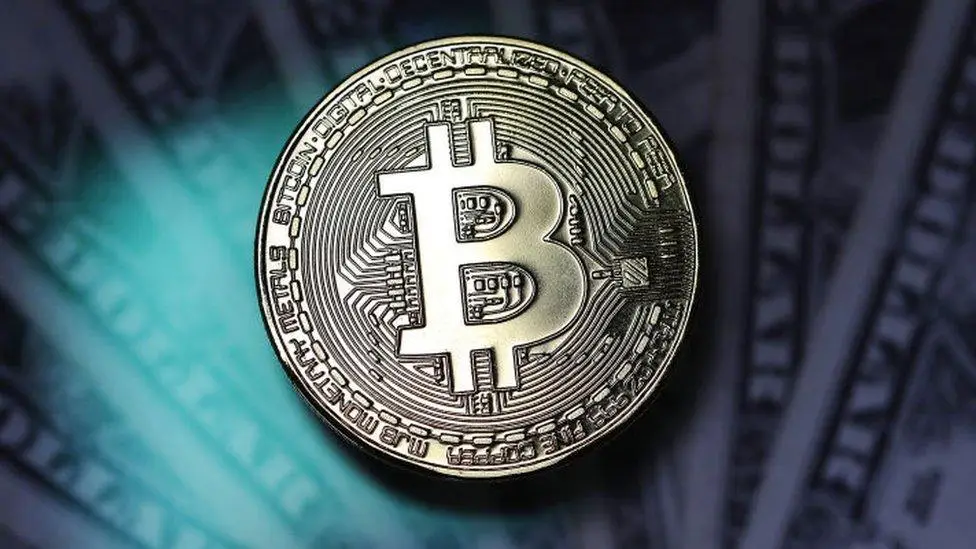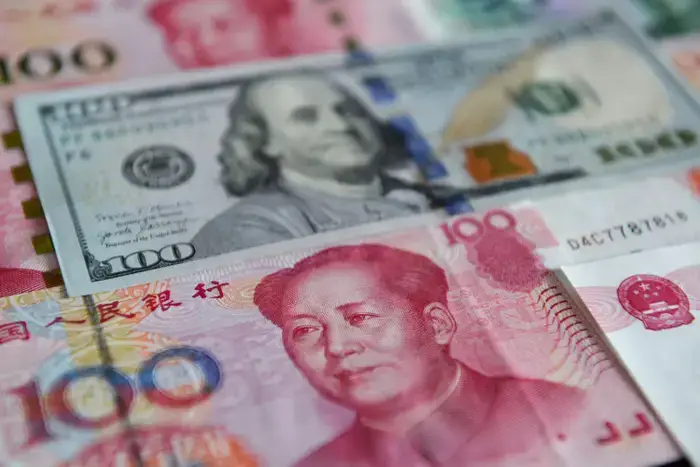
German inflation reduced, together with anticipation for a Chinese economic turn around, saw euro increase on Monday, and commodity currencies respectively. The Japanese yen rated firm after the media informed the public about new prime minister who has planned to hold early election.
Near a one-year low, the US dollar depends on the non-farm payroll results following Fridays affecting interest rate expectations. This has been so mostly due to rate cuts by the Federal Reserve recently.
The euro was up 0.25% to $1.1194. German state inflation data fell slightly, but not as much as the latest French and Spanish ones. The euro was little changed against the pound but is at its lowest level in nearly two years.
Soft European economic data saw several banks opining an earlier rate cut in October by European Central Bank. These have precipitated the euro to historic lows against most currencies though China’s economic stimulus measures should favor it.
This was because Europe anticipated their central bank, the ECB, to reduce its rates following fresh inflation data. On the same note, the Aussie and Kiwi dived to fresh 2024 lows bolstered by the possibility of a Chinese economic rebound and stimulus.
The Australian dollar reached its highest level since December 2014 by rising to $0.6941, while New Zealand dollar was has the highest level it has been since early May 2015. The US dollar and Australlian dollar rose against the euro that slumped to its lowest level since mid July.
The Japanese yen was boosted when a new prime minister said he would call an election for the 27th October. But, when offering remarks on continued accommodative monetary policy, his comments capped yen’s advances. The yen was last up 0.17% , or around 142.45 per dollar.
Experts believe that in the short term the results of the election can give pressure to the yen although immediately after the victory of the Prime Minister the yen rose.
Future Japanese election can restrict influence of the BoJ until December or so that in turn could lead to more yen depreciation. China’s recent stimulus measures increased the yuan even though it cut interest rate. The yuan touched an historic high of 7.0018 in offshore trade but was trading at 7.0015 onshore.
Sterling was up 0.2% to $1.3402 against the dollar. The euro strengthened at 0.7 per cent and dollar 0.4 per cent against the Swiss franc.
